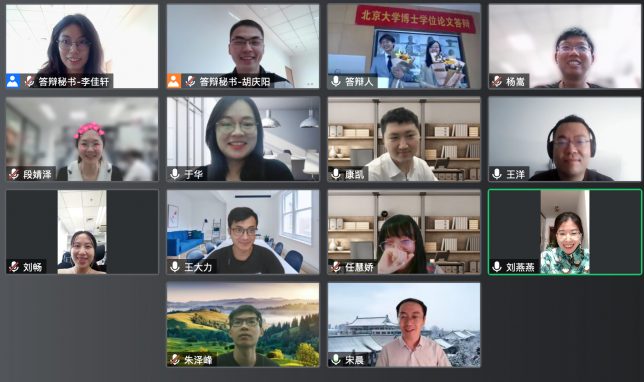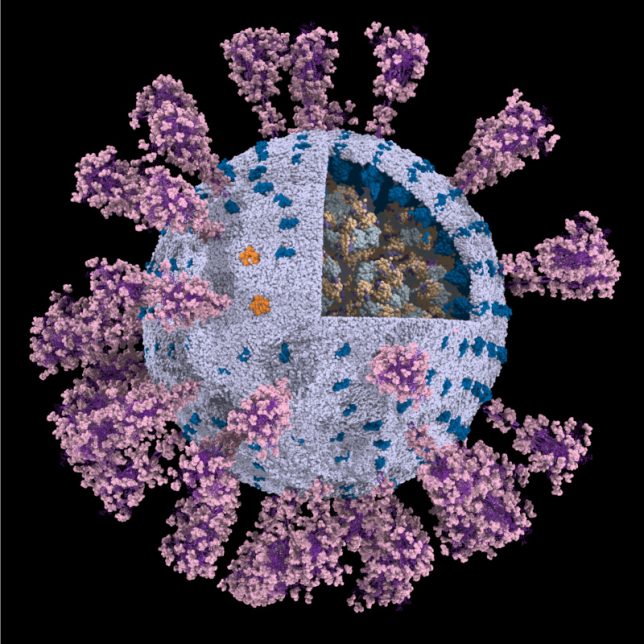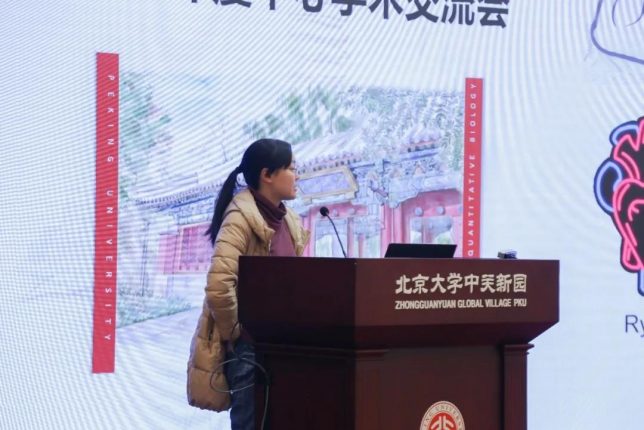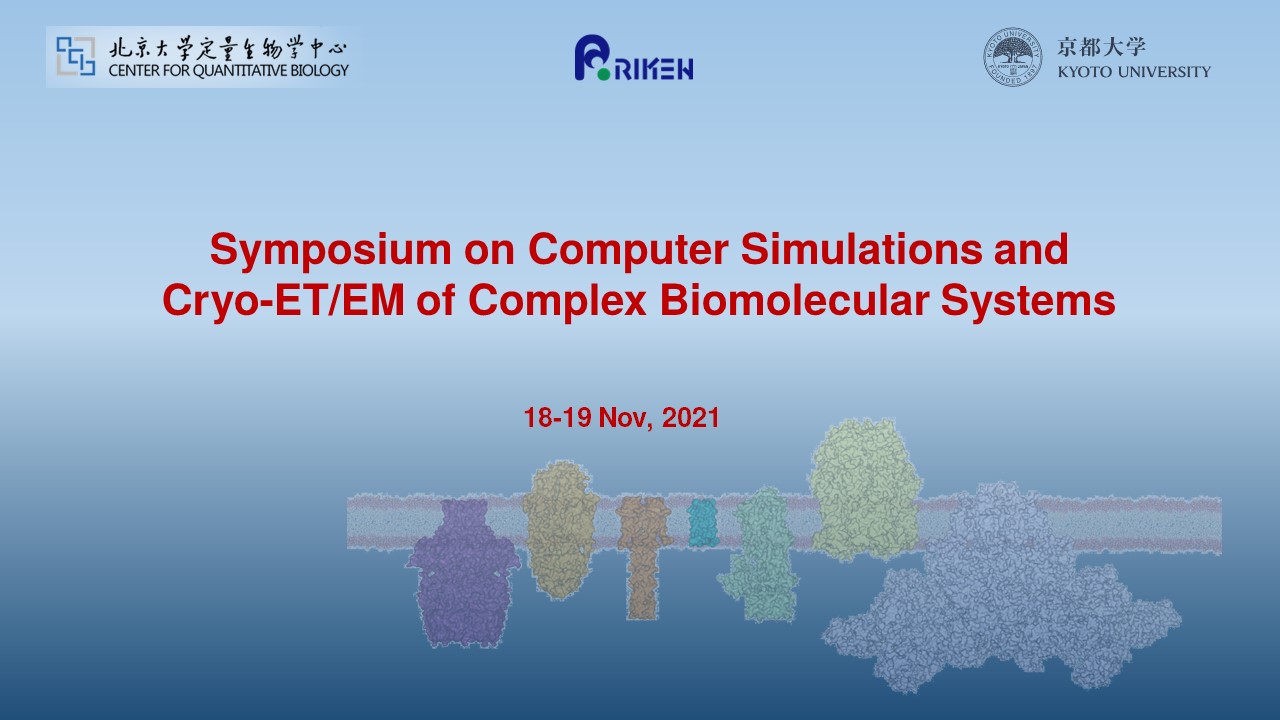Chunhong and Lei passed their PhD vivas on 25 May, congratulations!! It's a pity that the vivas had to be virtual, but it went smoothly and the former members of the group were able to join remotely and share the joy!

We have a new member, Zefeng ZHU, joining us to pursue his PhD after finishing his rotations. Zefeng is a graduate student of the PTN (Peking University-Tsinghua University-National Institute Biological Sciences) joint program, who is interested in the geometric representations of biomacromolecules and deep generative models.
WANG Lei has been developing a new method to predict the membrane contact probability (MCP) of each residue from a given protein sequence, by utilizing a deep neural network and data generated from molecular dynamics simulations. This new method has shown great potential in the structural and functional studies of membrane proteins. The paper is now published online in PLoS Computational Biology. Congratulations!! A web server is available for the MCP prediction from a protein sequence.
Dali and Jiaxuan have been trying hard to build an atomistic model of SARS-CoV-2 as intact as possible. Although lacking RNA, the model represents the most complete structure of the virion at the moment. The model was constructed based on a Cryo-ET map from the Sai Lab at Tsinghua University. Hopefully, this will be helpful for scientific demonstration and education. The preprint can be found here.

Chunhong gave a talk about her work on the Ca++ selectivity of RyRs at the CQB annual meeting held on 15 Jan 2022. Lei, Chang, Jiaxuan, Qingyang, Kai, and Jingze presented posters to discuss their projects with colleagues of CQB.

Dr. Chen SONG was invited to give a talk at the Xiamen Soft Matter Forum & ICAM-China Autumn Workshop, 10 Dec 2021, where he presented our work “On the gating mechanisms of mechanosensitive ion channels”.
Together with Dr. Yuji Sugita (RIKEN) and Prof. Shoji Takada (Kyoto University), we organized an international meeting: Symposium on Computer Simulations and Cryo-ET/EM of Complex Biomolecular Systems, 18-19 Nov 2021. We received over 400 registrations from 32 countries, and there were nearly 200 people connected online in the virtual meeting. We discussed computer simulations and Cryo-ET/EM for membrane protein systems, as well as advances in enhanced sampling and accelerated MD methods. It was a wonderful event, supported by our MOST-RIKEN international collaboration grant.

Our computational study on the Ca2+ channel Orai is now published online in Frontiers in Molecular Biosciences: https://doi.org/10.3389/fmolb.2021.755247. In this work, Xiaoqian and Hua examined the impact of a particular mutation, L138F/L210F, on the structure of the Orai channel. Many thanks to Xiaoqian and Hua, who left the group but managed to finish the project!
We have set up a computational server for public usage: http://www.songlab.cn/
At the moment, the server can provide predictions of membrane contact probability for a given protein sequence (26 < length < 700).
The source codes and models developed in our group can be found at GitHub: https://github.com/computbiophys